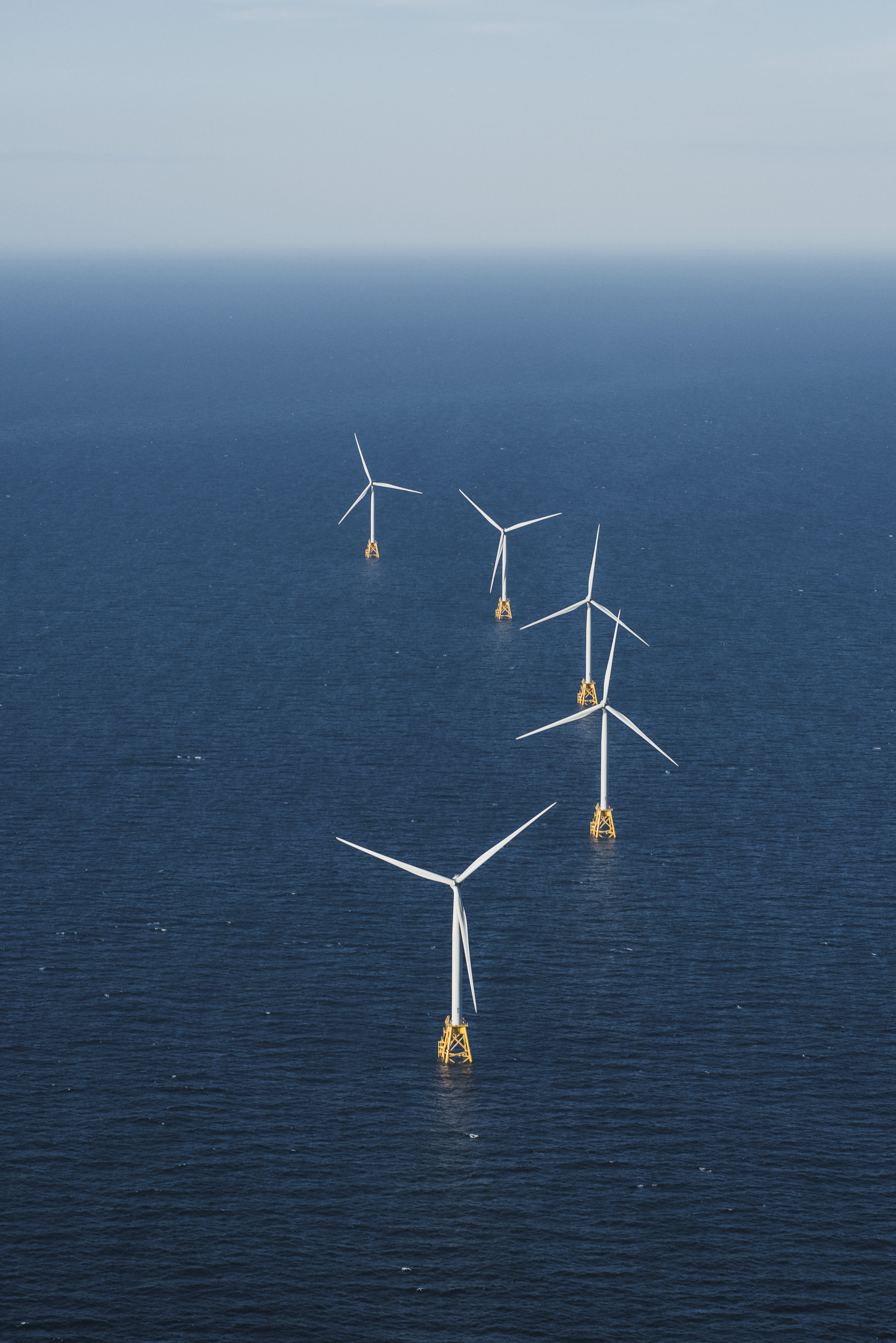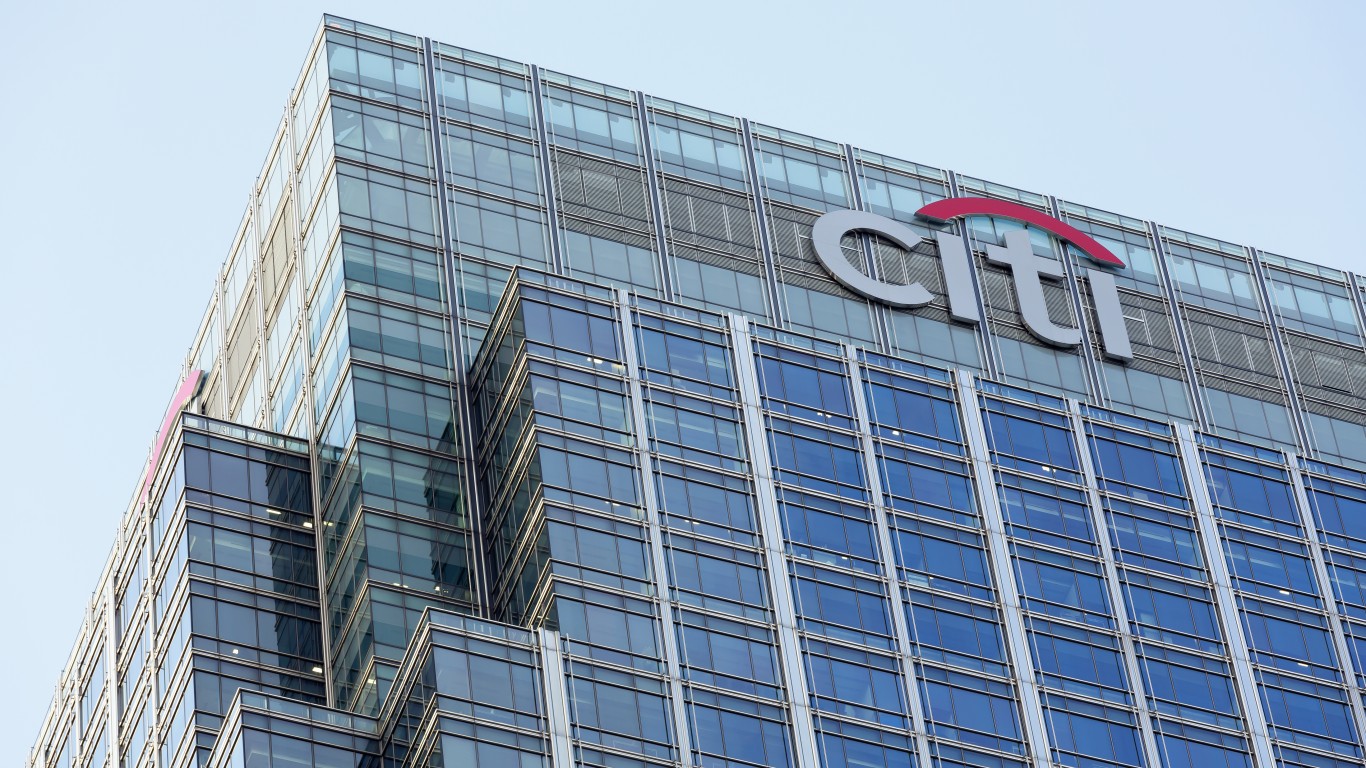
A proposed 850 to 1,000 megawatt (MW) natural gas-fired power plant was denied a siting permit Tuesday following a four-year process that may still not be over. The proposed Clear River Energy Project initially lost its case with the Rhode Island Energy Facility Siting Board (EFSB) in June but had appealed that decision. The appeal was denied on Tuesday.
In its June ruling, the EFSB found that the facility was not needed and denied a siting license to Invenergy, the privately held merchant power company that had proposed the plant. Among the reasons for the denial was the state’s plan “to develop ambitious but achievable goals and performance measure targets for transforming Rhode Island’s energy system.” The EFSB went on: “Absent the retirement of some currently operating large gas-fired generation in Rhode Island, the addition of Invenergy’s proposed plant would greatly increase the type of generation the Energy Plan proposes to decrease.”
In other words, the transformation of the state’s energy system included “less in-state use of fossil fuels, including natural gas, for generating electricity” and encouraged greater use of renewables for new generation. Also militating against the Clear River plant was a decline in demand for electricity, a decline “predicted to continue for the foreseeable future.”
Glenn Walker, an expert hired by the town of Burrillville, where the plant would have been located, told the EFSB that “any benefits attributable to the Clear River Energy Center have diminished every year, in part because new renewables reduce summer peak load while providing energy to the system at no cost.” A 30-MW plant is already in operation at the Block Island offshore wind farm (pictured below) and the state has contracted for 400 MW of a total of 700 MW that is currently planned to begin commercial operation in 2023 at the Revolution offshore wind farm.
Invenergy has 10 days to file an appeal to the EFSB’s decision to the state’s supreme court. The company said it is “reviewing EFSB’s written order and determining next steps.”
Environmental activists are more forthcoming. Senior attorney for the Conservation Law Foundation, Jerry Elmer, said in a statement, “As we said in June, this is a huge victory for Rhode Island and for the health of our communities. After years of lies and misinformation, Invenergy’s efforts to pave over a forest to build this dirty plant have been dealt a substantial loss.”
While the specific circumstances of this rejection may be unique, the important thing to remember is that Rhode Island does not see natural gas as a clean fuel for generating electricity. Natural gas emits about half as much carbon as coal, but renewables like wind and solar emit zero.
The state has put a stake in the ground that it wants zero emissions and it intends to walk the talk. According to a report in Barron’s, natural gas demand could plateau in about 15 years, partly as a result of the development of new utility-scale electricity-storage batteries. As China replaces is coal-fired generation with renewable generation over the next five years, “[t]he levelized cost of coal power [in China]—the cost to generate the power and recoup plant investments—is a nickel per kilowatt-hour, versus six cents for solar and wind, and nine cents for natural gas.” Battery storage now adds 10 cents per kilowatt-hour to renewables’ levelized costs, but Barron’s cites a UBS estimate that by 2025, solar plus battery storage will reach a levelized cost of 6.8 cents. As demand for storage goes up, the price will continue declining.
In December of 2017, Tesla installed a 100 megawatt-hour battery in South Australia to help resolve power outages, intermittent power delivery from baseload plants and manage peak summertime loads. The battery can supply electricity to about 30,000 homes.
It’s Your Money, Your Future—Own It (sponsor)
Retirement can be daunting, but it doesn’t need to be.
Imagine having an expert in your corner to help you with your financial goals. Someone to help you determine if you’re ahead, behind, or right on track. With SmartAsset, that’s not just a dream—it’s reality. This free tool connects you with pre-screened financial advisors who work in your best interests. It’s quick, it’s easy, so take the leap today and start planning smarter!
Don’t waste another minute; get started right here and help your retirement dreams become a retirement reality.
Thank you for reading! Have some feedback for us?
Contact the 24/7 Wall St. editorial team.
 24/7 Wall St.
24/7 Wall St.



